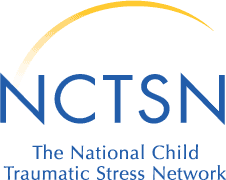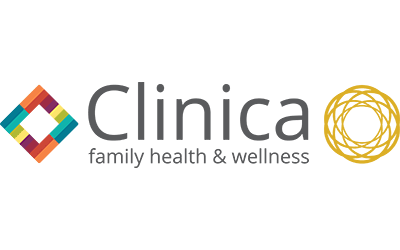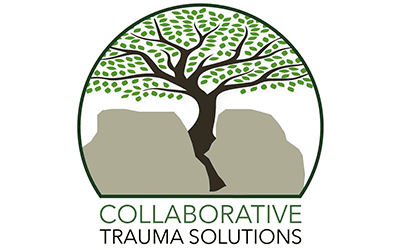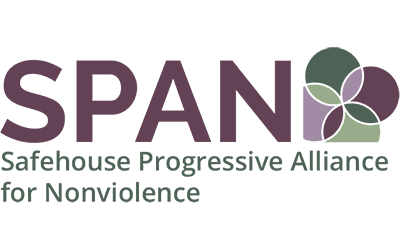The Community Collective for Trauma-Informed Evidence-Based Prevention and Treatment Services
The Center for Resilience and Well-Being (CRW) was recently awarded a $3 million grant from the Substance Abuse and Mental Health Services Administration’s (SAMHSA) National Child Traumatic Stress Network (NCTSN) with several community partners. The grant will fund the five-year project (2024-2029): The Community Collective for Trauma-Informed, Evidence-Based Prevention and Treatment Services

Project Goals
Increasing access to trauma-informed, evidence-based prevention practices and treatment services (TI-EBPs) in three Colorado counties (Boulder, Garfield and Montrose) through deep partnership with family-serving agencies and schools.
This five-year project is a collaboration between CU and partners in Boulder, Garfield and Montrose counties who support youth and families. The project has three main goals, all of which will involve extensive collaboration with community partners and families:
- Develop a community-based prevention services hub that provides trauma-informed, evidence-based prevention supports and services (TI-EBPs) for youth, families and schools. These services range from parenting programs and resources offered in the community to professional development and coaching for educators in schools.
- Improve mental and behavioral health outcomes by implementing trauma-informed, evidence based supports and services in local and rural communities.
- Promote long-term sustainability of trauma-informed, evidence based supports and services for youth and families exposed to trauma within Colorado communities.
Project Focus Area
Rural Communities
Rural communities often face higher rates of adverse childhood events and barriers to services, including issues with transportation, insurance, availability and stigma, making increasing access to these supports and services a critical health strategy in these areas.

Programs
This project will emphasize the following programs along the prevention and intervention continuum that not only address youth mental and behavioral health challenges but promote the very protective factors that promote resilience/health outcomes and buffer youth from the negative impacts of adverse events.
Community Partners and Supporters
News About this Grant
New CRW grant to increase Coloradans’ access to trauma-informed, evidence-based services
Contact
For more information, please contact Monica Fitzgerald (monica.fitzgerald@colorado.edu)









